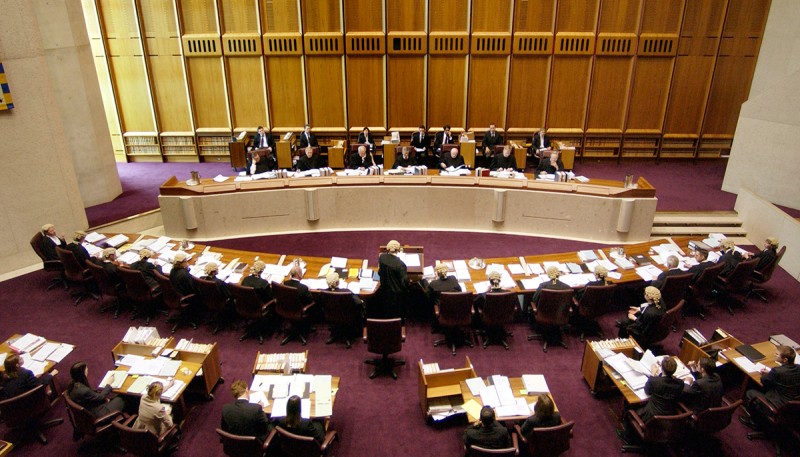What are the consequences for people who disobey the rules of the Constitution?
Great question!
There are different consequences depending on which rule in the Australian Constitution has been broken. For example:
- One part of the Constitution lists the areas where the Australian Parliament is allowed to make laws (areas like trade, currency, and immigration). If Parliament passes a law outside these areas, the High Court of Australia can declare that law invalid. This means the law would no longer have any legal effect.
- Another rule sets out who is eligible to be a member of the Australian Parliament. If someone’s eligibility is challenged, the High Court decides whether they meet the eligibility rules in the Constitution. If they’re found to have broken the rule and are ineligible, they can be removed from Parliament.
Everyday Australians don’t usually break the rules in the Constitution because they are about how power is used and shared. They are not about day-to-day laws like road rules or paying taxes.
The High Court of Australia

DPS Auspic
Description
The High Court of Australia in session in the High Court building in Canberra. The High Court interprets and applies Australian law and decides cases about national issues, including challenges related to the Australian Constitution.
In the courtroom, the 7 High Court Justices sit along a large semi-circular desk atop a small raise at the end of the room. The Justices preside over High Court proceedings, interpret laws and decide major legal cases.
In front, facing them, is another curved desk. Here, 18 barristers are sitting, most are wearing robes and wigs. A barrister is a type of lawyer who speaks on behalf of people or organisations in the courtroom. They present arguments and answer questions posed by the Justices.
Permission should be sought from DPS AUSPIC for third-party or commercial uses of this image. To contact DPS AUSPIC email: auspic@aph.gov.au or phone: 02 6277 3342.